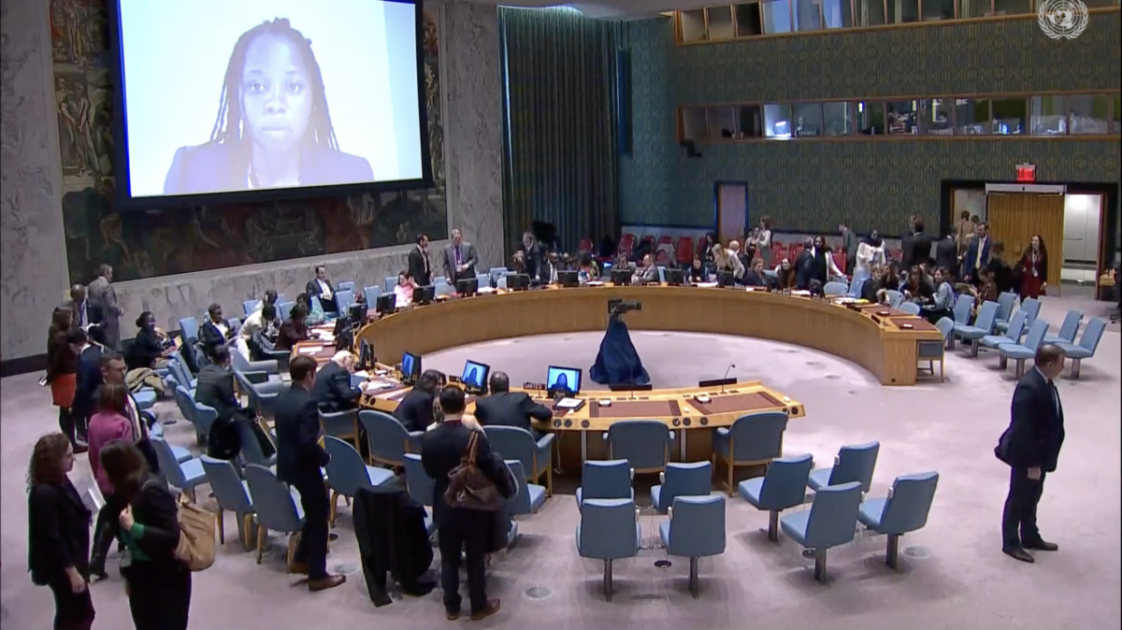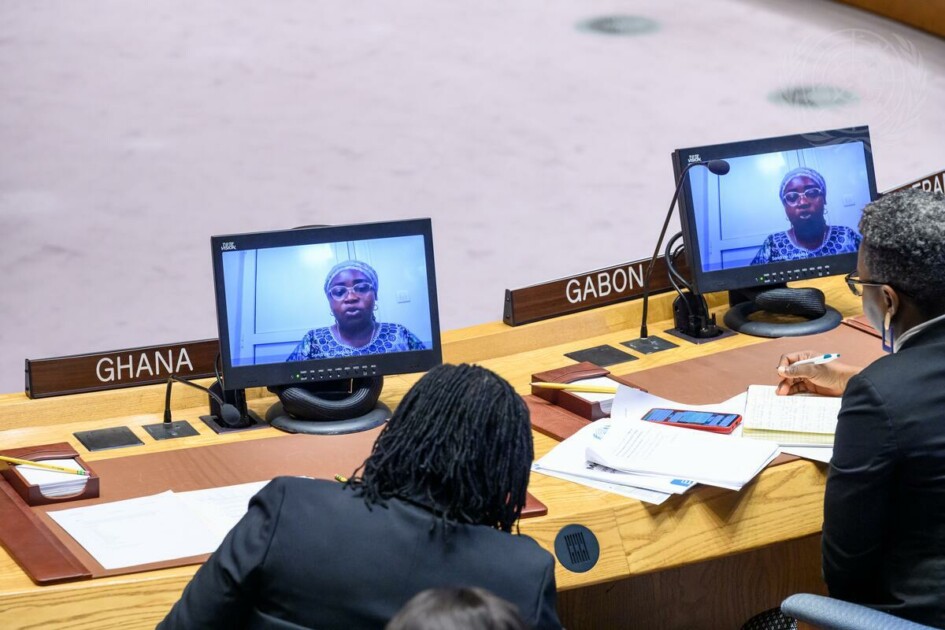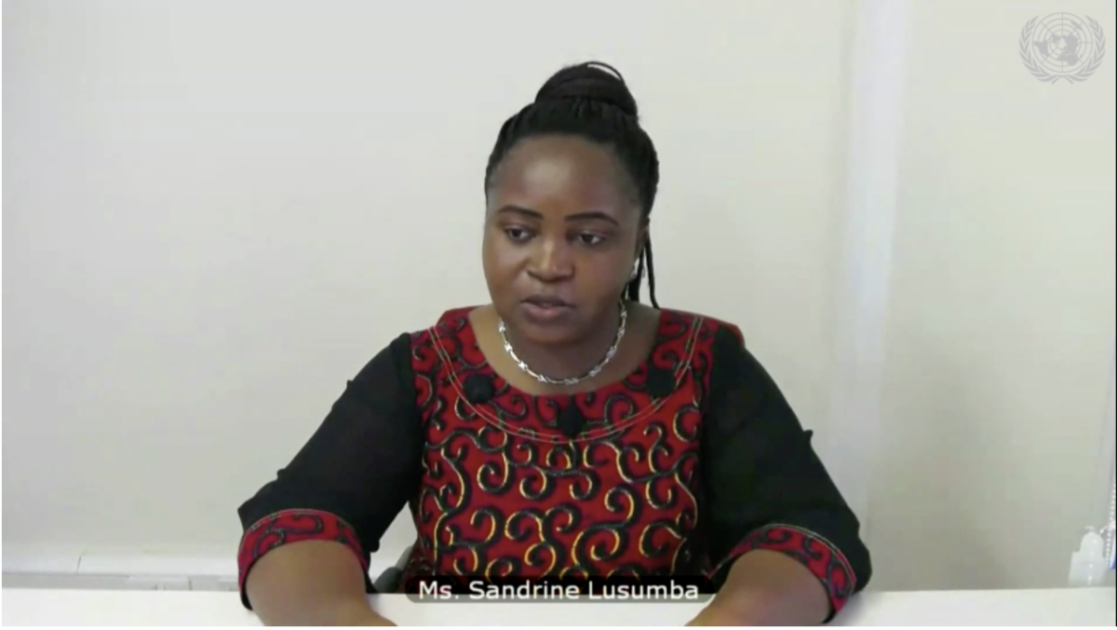Democratic Republic of the Congo
Women in the Democratic Republic of Congo continue to face widespread sexual violence, disease, and displacement in conflict situations arising from clashes between dozens of armed groups. Often, sexual violence and rape are used as terror tactics and weapons of war, and despite the ratification of the Convention on the Elimination of All Forms of Discrimination against Women (CEDAW) and the Women’s Platform for the Peace, Security and Cooperation Framework, women are still largely underrepresented in peacebuilding efforts. Additionally, women activists face rape as a form of torture by government actors who disagree with their political activity. The United Nations Organization Stabilization Mission in the DRC (MONUSCO) aims to provide protection for civilians, including reducing the threat of armed groups perpetrating sexual and gender-based violence, monitoring and reporting on sexual violence and ensuring women’s participation in stabilization and national political dialogue.
Democratic Republic of the Congo
Women in the Democratic Republic of the Congo continue to face widespread sexual violence, disease, and displacement in conflict situations arising from clashes between dozens of armed groups. Often, sexual violence and rape are used as terror tactics and weapons of war, and despite the ratification of the Convention on the Elimination of All Forms of Discrimination against Women (CEDAW), and the Women’s Platform for the Peace, Security and Cooperation Framework, women are still largely underrepresented in peacebuilding efforts.
Additionally, women activists face rape as a form of torture by government actors who disagree with their political activity. The United Nations Organization Stabilization Mission in the DRC (MONUSCO) aims to provide protection for civilians, including reducing the threat of armed groups perpetrating sexual and gender-based violence, monitoring and reporting on sexual violence and ensuring women’s participation in stabilization and national political dialogue.
Current and Past Recommendations to the UN Security Council (Monthly Action Points)
The Security Council should ensure women’s full and equal participation in the ongoing Kampala peace talks that were initiated following the escalation of violence in North Kivu late last year, particularly as women’s participation in these talks has been virtually non-existent. The Council should demand the cessation of continuing human rights abuses, including sexual and gender-based violence. As the Security Council considers the Secretary General’s report on MONUSCO, which will include options for possible redeployment of mission contingents to improve their ability to implement the mission’s mandate, including to protect civilians, the Council should ensure that any additional intelligence data at MONUSCO’s disposal serves as early warning signals to inform optimal protection of civilians, including women and children, from abuses by armed groups and the national army. If any additional military force is authorized to operate in eastern DRC, it must be subjected to strict vetting procedures, and pre-deployment training should include international humanitarian and human rights law and reach best practice standards, particularly regarding sexual violence in conflict.
Relevant Resources









